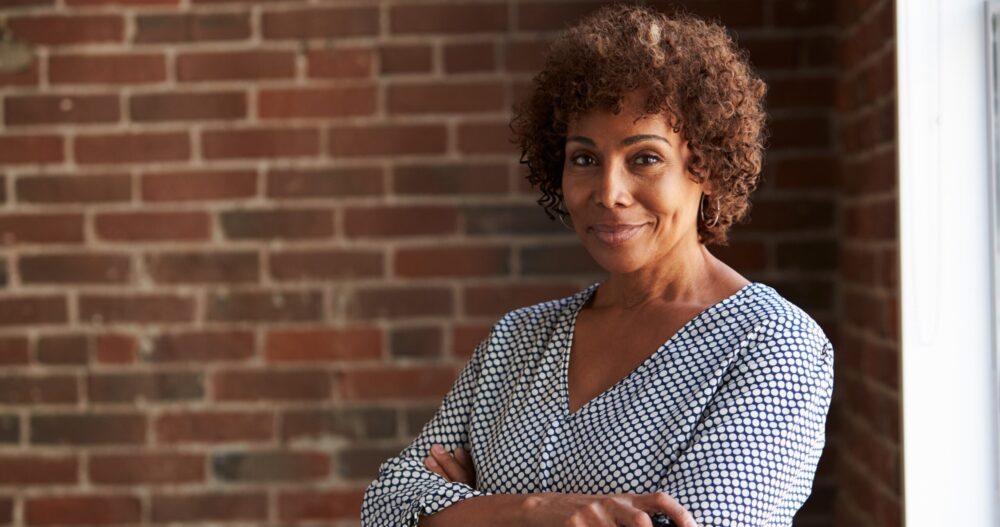Welcome to the Therapist Thrival Guide! Miranda Barker here, alongside Marissa and Madeline from Ellie, bringing you insights and tips on effective outreach. Whether you’re an Ellie franchise owner, clinic director, or in private practice, this guide aims to provide you with valuable strategies to maximize your outreach efforts and build strong referral partnerships.
Meet the Experts
Miranda: “Welcome to the Therapist Thrival Guide. My name is Miranda Barker and I am here with Marissa and Madeline, who are both Ellie employees. Can you both introduce yourselves and explain what you do at Ellie?”
Marissa: “Yeah, sure. We work with the outreach department for the Ellie franchise side, supporting franchise owners and clinic directors with tips and resources for effective community outreach.”
Madeline: “I’m Madeline, and outreach is more about the interpersonal side of marketing. We target audiences and establish long-term relationships that translate into referrals and partnerships.”
The Importance of Relationships in Outreach
Miranda: “Outreach is all about relationships. It’s not about appearances. It’s about nurturing genuine connections. Time spent on building these relationships pays off.”
Marissa: “People often see outreach as gimmicky or salesy, but it’s more about genuinely interacting with the community and offering value. You might feel uncomfortable initially, but genuine interactions lead to real connections.”
Strategies for Effective Mental Health Outreach
Understanding Outreach:
Miranda: “Could you describe what outreach in this context means?”
Madeline: “Outreach involves human interaction to build long-term relationships that can lead to referrals and partnerships, benefiting clinics over time.”
Initial Steps:
Miranda: “What’s the first step in outreach?”
Madeline: “Start with some research and planning. Utilize tools like Google to identify nearby target areas and create an organized planner. Know who you’re speaking with and why.”
Marissa: “Effective outreach involves detailed pre-planning and research to identify the right stakeholders and set up meetings.”
Customizing Your Outreach Plans
- Know Your Audience: Tailor your outreach efforts based on the services you provide and the specialties of your therapists. Don’t go to schools if you don’t have therapists who specialize in treating children.
Marissa: “You want to match your outreach focus to what your clinic specializes in.”
- Outreach Goals: Define clear objectives for your outreach, whether it’s building brand awareness, forming partnerships, or directly attracting clients.
Marissa: “Set clear objectives and goals for what you’re trying to focus on.”
Targeting the Right Partners
Miranda: “Should we look for referral partners, clients, or both?”
Marissa: “Both! Set clear objectives. For new clinics, focus on getting both referrals and letting people know about your services.”
Madeline: “Sometimes, client conversations happen spontaneously during outreach. Be ready to address immediate needs as they arise.”
Healthcare Professionals and Therapists:
Reach out to local medical offices, therapists, and even schools. They can be wonderful referral sources, especially if they are aware of your services and feel confident in referring their clients to you.
Marissa: “Don’t just focus on medical offices. Contact other therapists who might have long waitlists or don’t accept insurance. Establishing a mutual referral network can be incredibly beneficial.”
Madeline: “Schools can be more challenging due to varying district policies. However, contacting school counselors or mental health coordinators can open doors.”
Engaging Community Events and Conferences
Conferences:
Miranda: “Are conferences worthwhile for outreach?”
Marissa: “Absolutely. Conferences are great for brand awareness, client referrals, and potential recruitment. However, not all conferences are the same. Research them thoroughly before participating.”
Madeline: “Partnering with other clinics to split costs and responsibilities can make it more feasible and effective.”
Ways to Engage at Events
- Walk Around: Take advantage of lulls at events to network with other exhibitors and potential partners.
Miranda: “Walking around during lulls at conferences can help you make valuable connections.”
- Fun Giveaways: Use quirky or context-appropriate giveaways to attract attention and make your booth memorable.
Madeline: “Quirky T-shirts, mugs, or practical items like sunscreen can draw people in.”
- Be Approachable: Stand up, smile, and engage visitors with simple, open-ended questions.
Marissa: “Standing and smiling makes a big difference. Ask engaging questions like, ‘Have you heard of Ellie?'”
Community Events:
Events like Pride parades or local fairs are excellent for more relaxed and engaging outreach opportunities.
Marissa: “Community events are fun and relaxed. Engage with attendees through interactive activities, music, or attractive giveaways to draw them to your table.”
Nurturing Relationships
After meeting potential partners, follow up is crucial.
Marissa: “Stay in touch. Send personalized follow-ups, holiday greetings, or updates about your clinic. Keep the relationship active and genuine.”
Madeline: “Ask people about their needs and how your clinic can support them. Personalized and relevant communication makes all the difference.”
Tips for Long-Term Relationship Building:
- Follow-Up Personalization: Remember personal details and send thoughtful follow-ups to show genuine interest and care.
Marissa: “Send personalized follow-ups that reflect your conversations and understanding.”
- Use Tech Smartly: Supplement personal contacts with useful newsletters or informational emails but watch the frequency.
Madeline: “Offer opt-ins for newsletters without overwhelming contacts with automated emails.”
TLDR: Tips for Effective Outreach
1. Be Authentic: Your genuine passion for mental health will resonate more than a rehearsed elevator pitch.
2. Do Your Homework: Research potential partners and understand their needs.
3. Engage Genuinely: Successful outreach is not just about handing out cards but about establishing real connections.
4. Follow Up: Always follow up with contacts to nurture and strengthen the relationship.
5. Be Open: Feel free to ask questions and admit when you’re not sure about something. This authenticity can lead to deeper and more meaningful conversations.
In summary, staying genuine, being well-prepared, and maintaining personalized and ongoing communication are key elements in building effective and lasting outreach relationships.
Links to Podcast Episodes:



